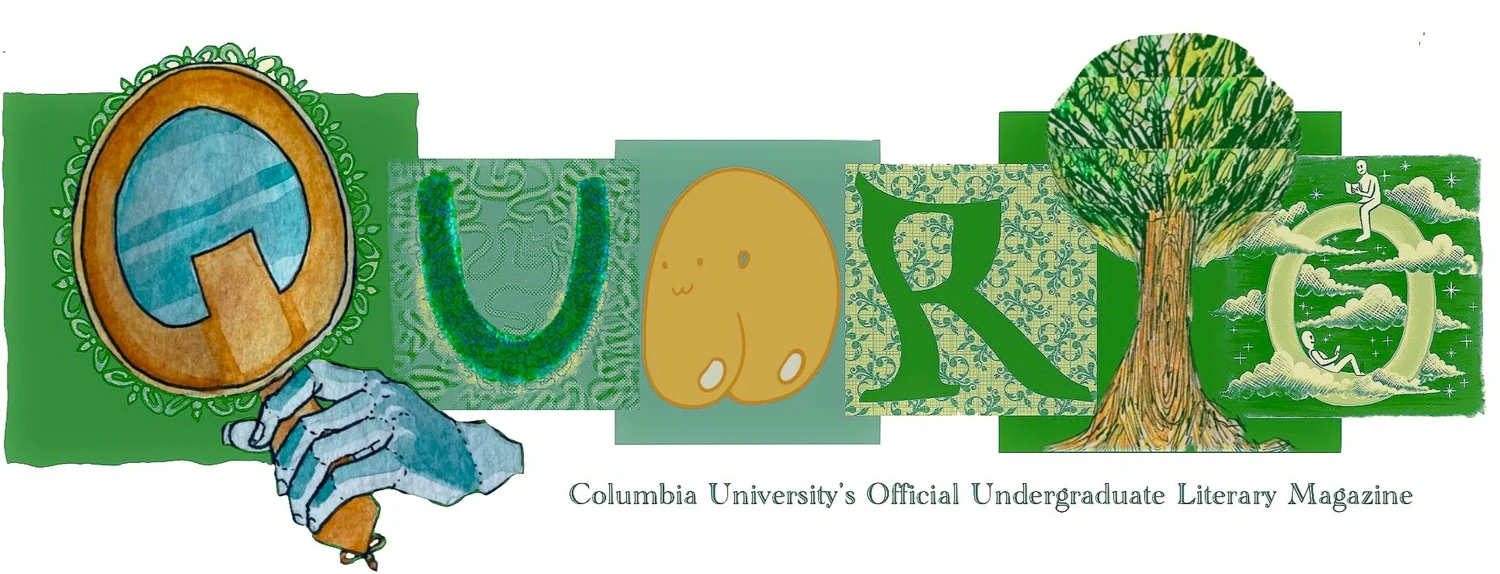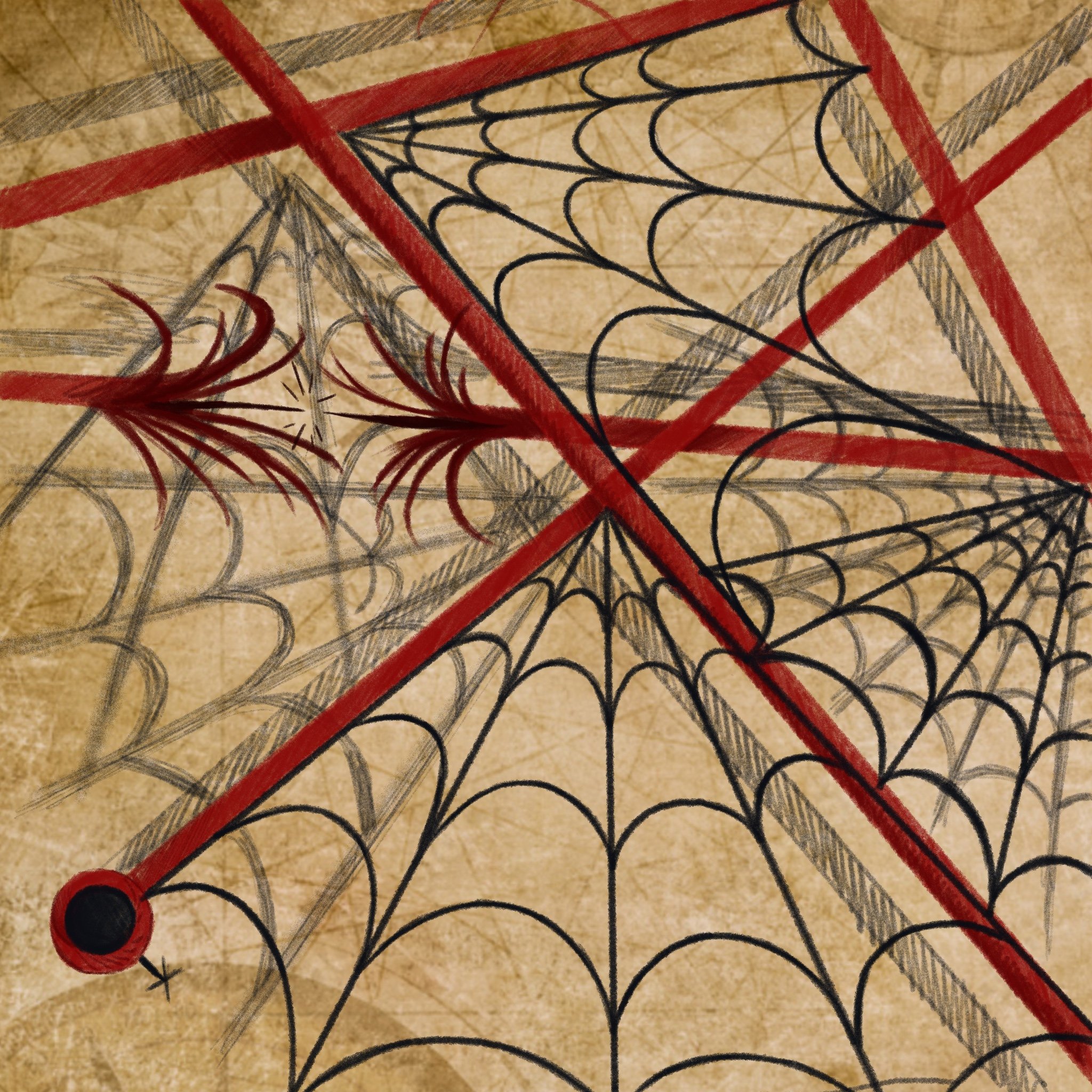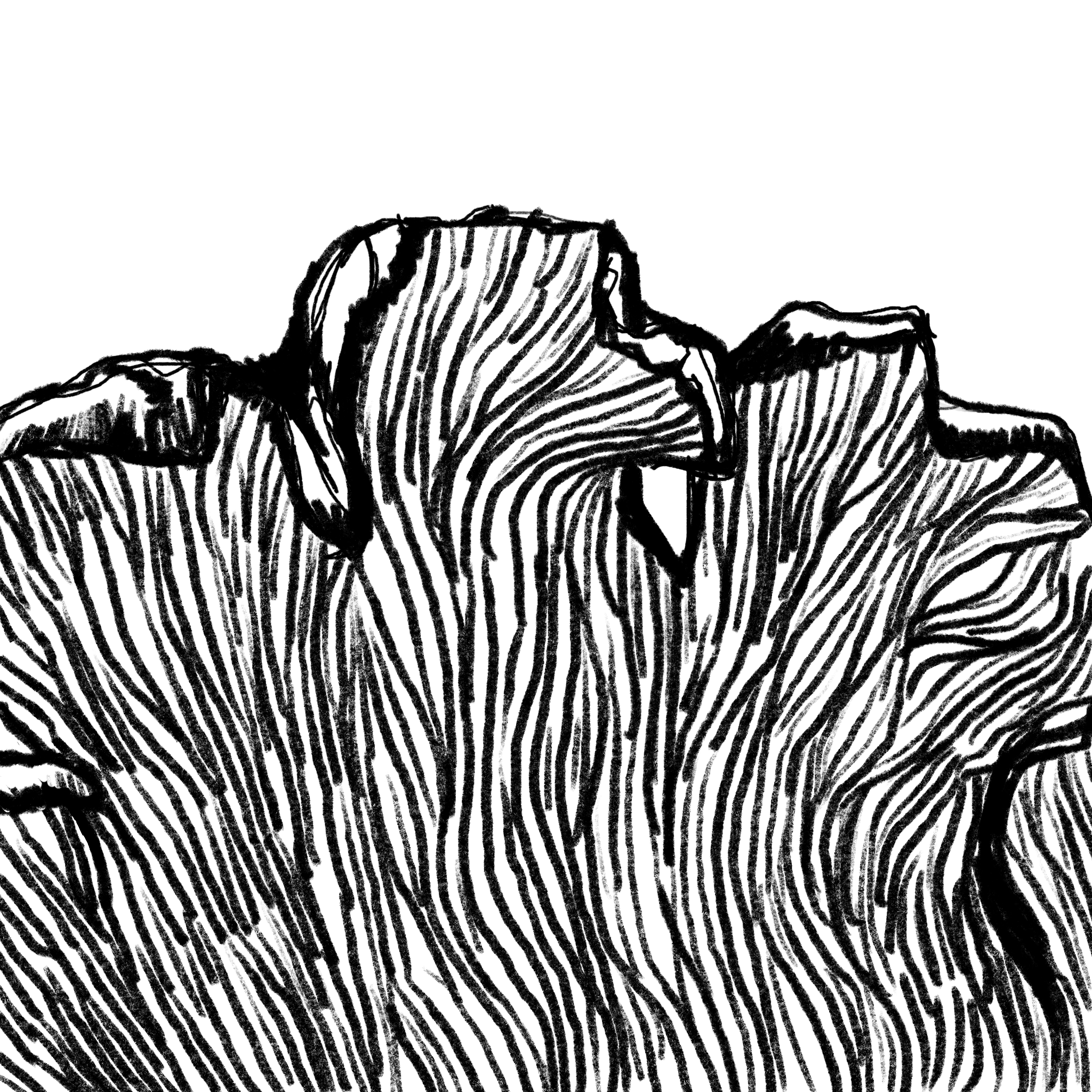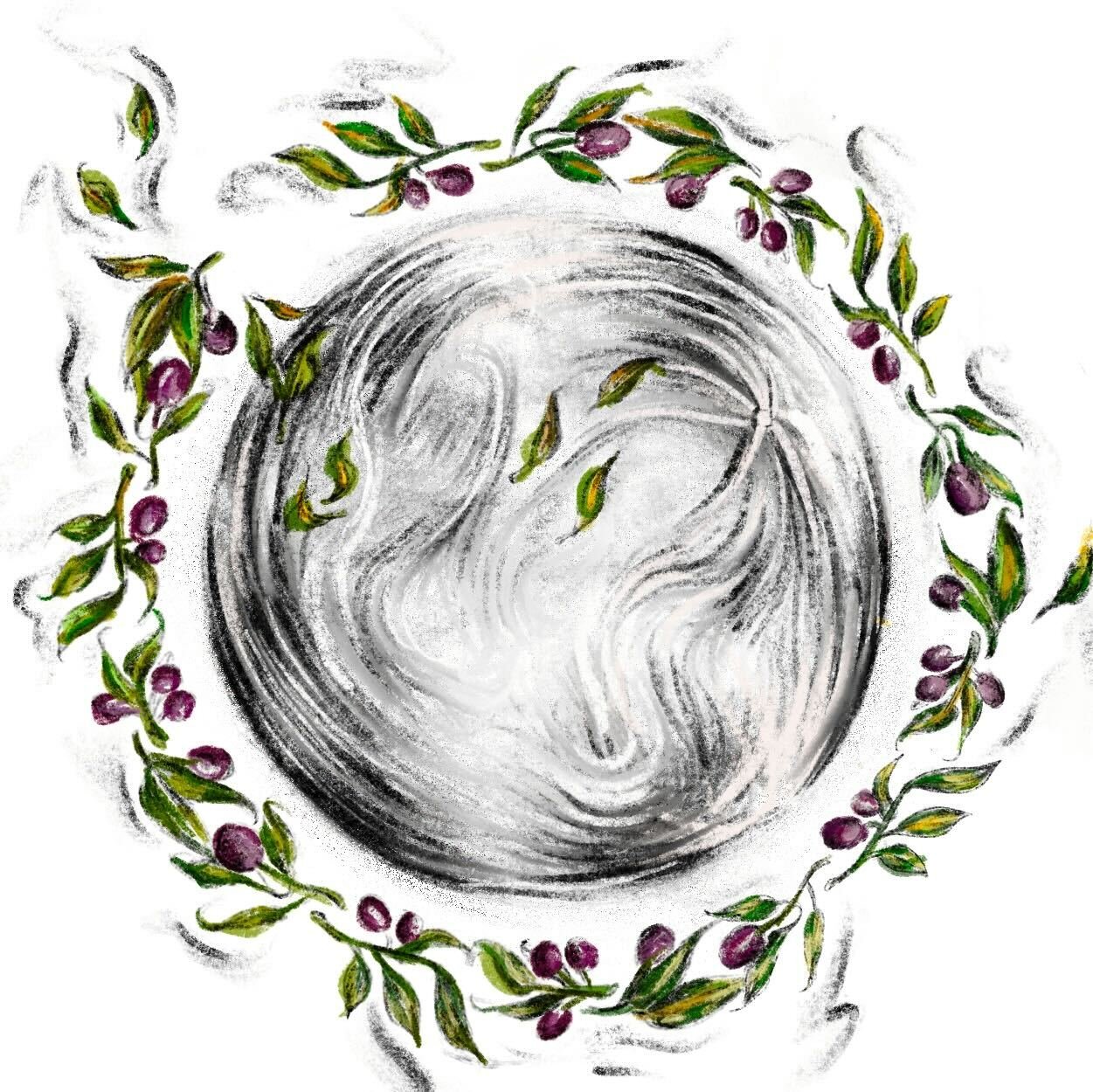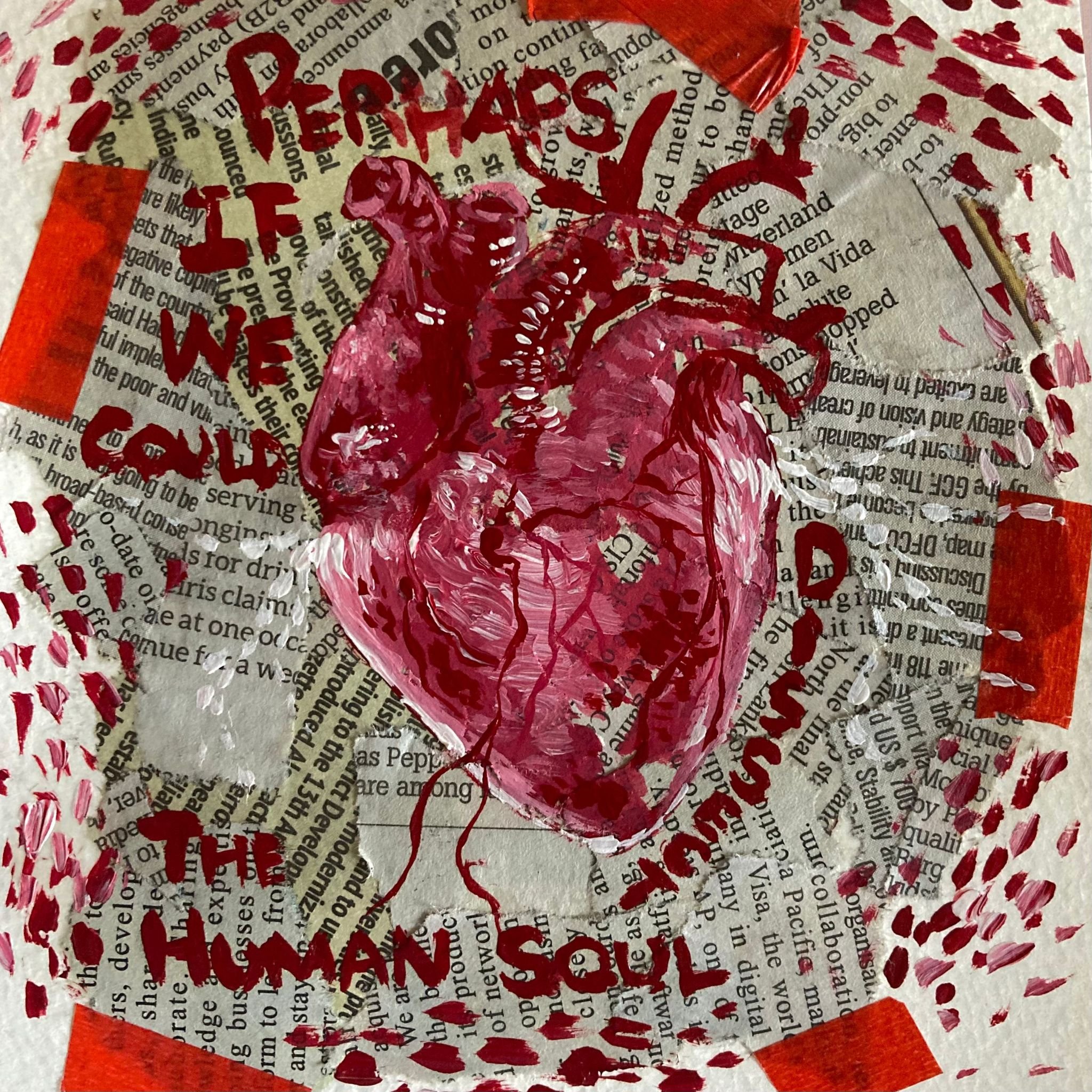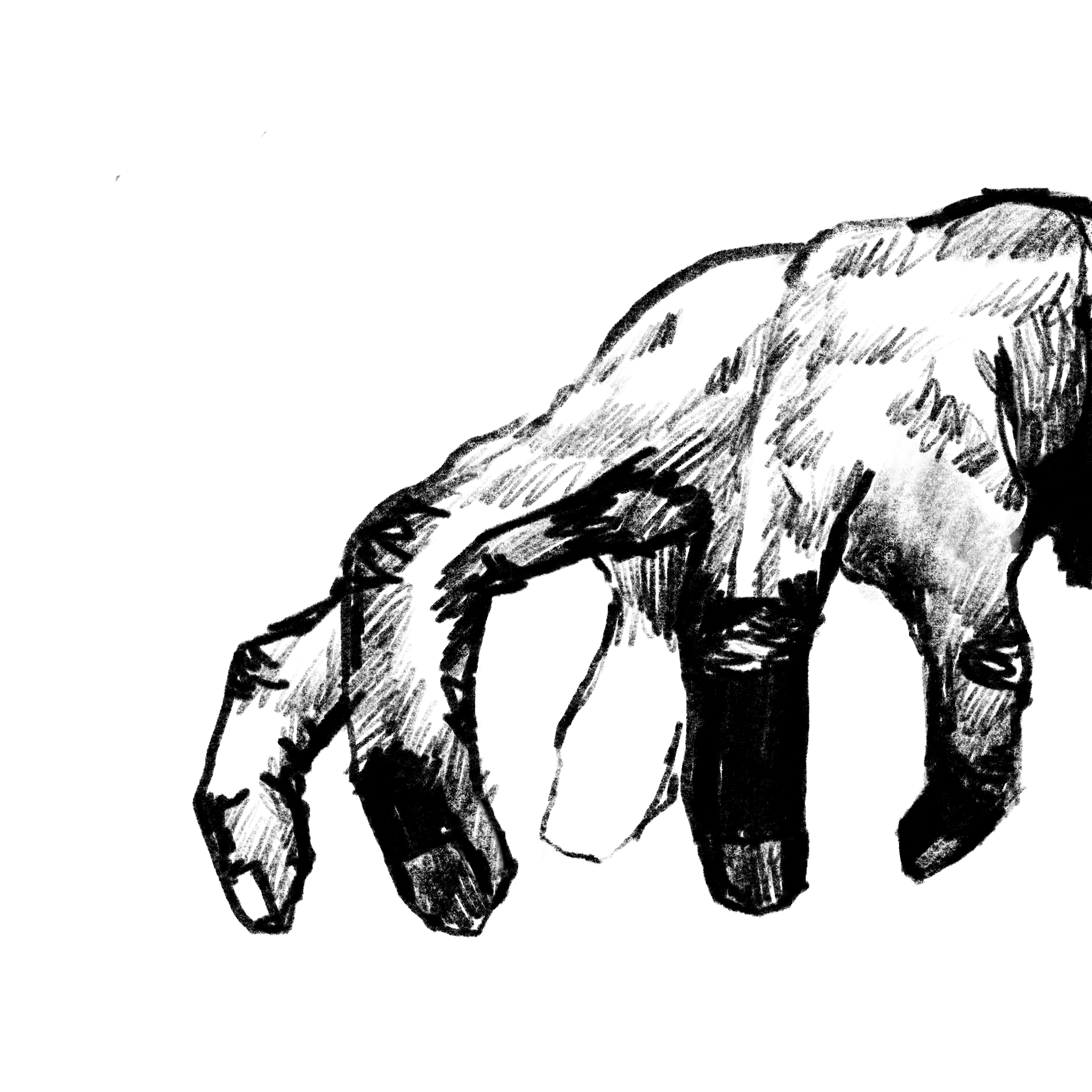Written in 2021 age 19*
Intellectual
Poverty - An open letter to Columbia/ Barnard
The white girl at my historically white college mocks me
Her words jumping off her tongue flawlessly
Like pigeons flocking at the sounds of footsteps
Ironic that we live in new york
Don’t you know? Even the upper west side has sewer rats.
She’s used to always being right
Her tongue is the made up of the same
Christopher Columbus rock hard stone
Her tone is made up of the same
Red
White
And blue
like the flag.
My tongue
Quivers
My lips sealed
My body is an earthquake
Like the ones that displace people,
Only this time it's displacing me
Only this time it’s your words picking at me
And not your drill
She mocks me for not knowing her stupid cultural references.
I’m not sorry for not knowing who Cyndi Lauper is
Or Molly Ringwald.
I’m not sorry I didn’t read the yellow wallpaper
Or the Great Gatsby.
Mocks me for being a product for her disruption
A product of her ancestors disruption
You’re right you're not the culprit
But you’re responsible for upholding the same
Destructive force
Kept poor brown and black kids captive
There's poor brown and black kids dancing the schoolyard with chipped paint
Lead overflows their water fountains
They are told not to drink water.
Kids whose first meal of the day was stale rice krispy cereal
Kids whose only moments of serenity were only present during nap time.
Kids who couldn’t afford more than a pen and paper
And a soul.
My first beautiful memory was reading the
Magic Tree house
On the sunny steps of my underfunded schoolyard.
How I yearned to be like those little white children
Roaming on forgein land
Touching the stars with their bare fingertips
Meanwhile I burn my hands while playing with fire
At my elitist historically white college
The chandelier glows with every lightbulb
Staring at the golden rim I see myself.
I’ve never been fit for glitter or glamour
In my reflection I see my mother, the cleaner
Cutting her fingertips with sharp pieces of glass
I’m the worker at the front desk,
The cook at the grill
The janitor cleaning up your spill.
White faces pass me with entitlement and disgust.
I tell the worker,
To have a good day.
I tell the cook to give me whatever he can,
To relax his shoulders,
He doesn’t have to pretend.
I know he’s had a long day.
I tell the janitor,
I know how to clean after myself.
I see his tired bones shaking under the sun-like glow.
If the light fell differently, I could've been him
Wine bottles of my ancestors blood
feed you from their fingertips
My father was a farmer, constructor, labor worker So you Could be the next jeff bezos
So you Could ignore the houseless man on the street corner
So you Could act like “you worked for everything you have.”
Everytime I look at a white man I want to throw up.
I’m not sorry my school plays were made up of recycled and donated parts
I’m sorry that children at my school play with a broken dream and a future that was not made for them.
I’m sorry that I let you break me, just so you could have fun
Tearing me apart
Choosing parts of my identity just to validate and invalidate
“You’re smart for a girl who grew up in the hood”
Public housing was my best friend
The sirens on my street were lullabies
At the age of 5, I realized not all loud noises were fireworks.
For the child of an immigrant like me there is no
Teenage dream
I spent years looking inside those closed gates.
Silver and steel
Metal bars
Only this time you are praised if you can get in.
How can you explain
Metal detectors at school
More police than counselors
“50% drop out rate”
How can you explain
Life as a literal test you were never prepared for
Keeping the poor, poor and the rich, rich
Millions of dollars in debt
Just to have the bare minimum to survive
A vicious cycle of exploitation
They always tell the poor kid
“If you work hard enough you’ll get somewhere”
They never said we’d die getting there
I guess that happens when you are born into a world that simply wasn’t made for you.
I hate waking up and going to school
When people are being murdered
by the same system that made education another system of oppression
I hate waking up and going to a school that is directly responsible for that oppression.
So I stop telling myself I’m not enough
I stop telling myself that this world wasn't built for a girl like me
There’s a version of this poem where i drown in silence
Bite my lip
Hold my tongue
But not this one.
